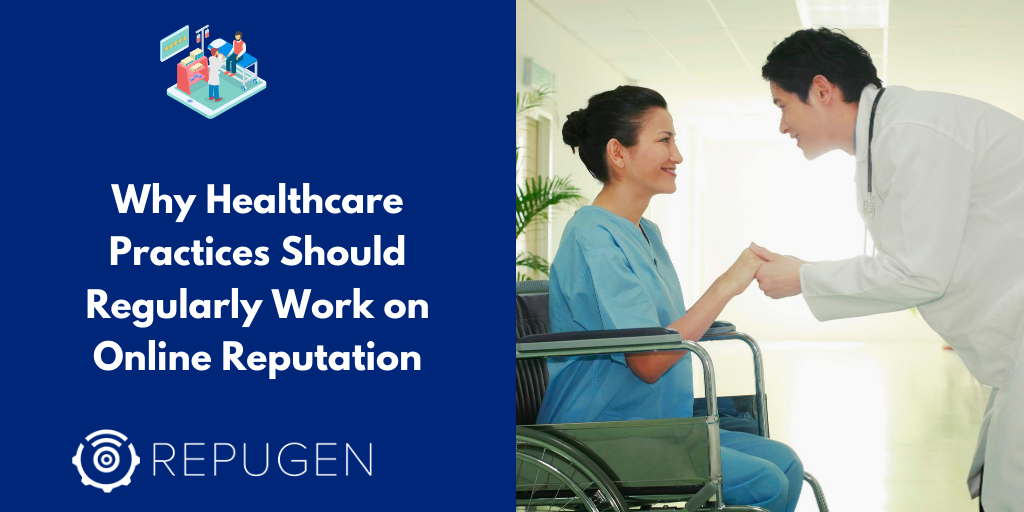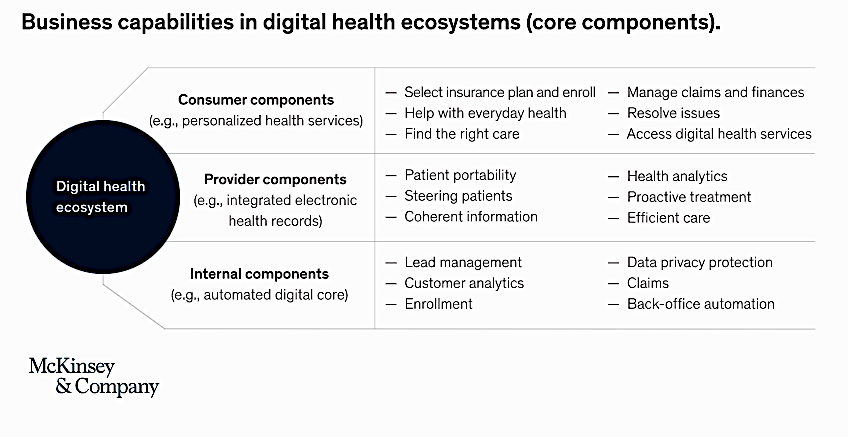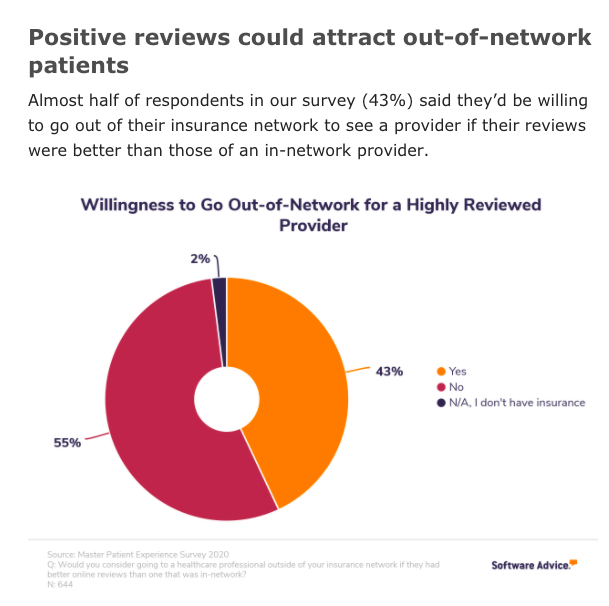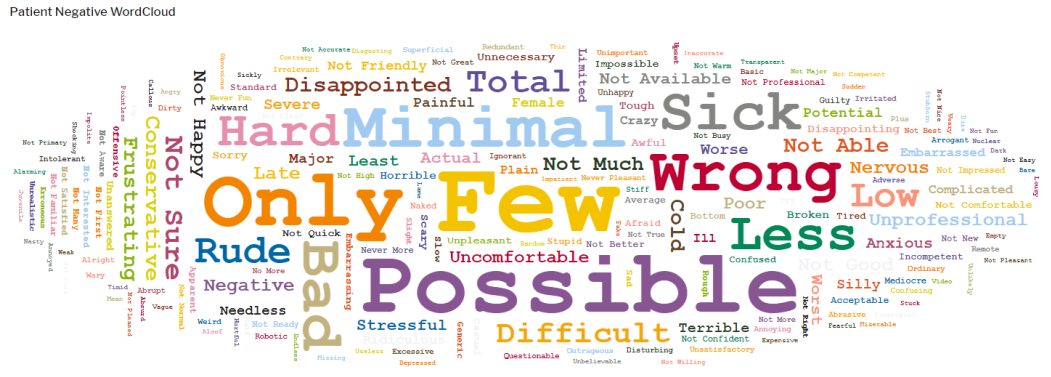
Online reputation management improves patient satisfaction and helps you monitor and anticipate CAPHS outcome.
This article focuses on
How to be on a patient’s selection radar and avoid plateauing of patient satisfaction
How to effortlessly monitor patient sentiment to anticipate CAPHS outcome
Patients now want better services and more healthcare choices that have shifted the focus of how providers offer healthcare services and how patients consume it. The CMS has introduced patient-satisfaction focused regulations, and non-traditional new market players with a focus on satisfaction enhancing technologies are addressing the new patient demand. This change in the ecosystem has had a disruptive effect on healthcare, especially for providers.
Given the acceleration of digitization of healthcare delivery and management, all healthcare providers should read this article by McKinsey & Company that lays out the components of the digital healthcare ecosystem. It contains the consumer components, the provider components, and the internal components. The following graph illustrates the article succinctly.

An increasing percentage of patients are searching online to “Find the Right Care.” It is their top priority. They use terms like ‘dentist near me’ or ‘best physician near me’ to find you. According to Google, there are around 1.5 million searches for the term ’dentist near me’ and about 201,000 searches for ‘doctor near me.’ Even those looking for ‘urologist near me’ have 101,000 searches, and ‘optometrist near me’ has 246,000. This shows patients are looking for providers online.
Almost 71% of patients look up a provider on the internet before deciding on them. Ask yourself:
If you answer “yes,” you are doing all the right things.
If you answer “no” to either of them, you need to undertake specific actions.
An independent survey by Software Advice suggests that almost 43% of patients will go to a doctor (independent of their network or insurance coverage) if they think the provider is good. They base their perception on the existing reviews of the doctor and personal recommendations.

One of the biggest challenges that healthcare providers face when they are online is the presence of negative reviews. However, irrespective of your online presence, those reviews will be put there by unhappy patients.
You can handle them in two ways.
The response to negative reviews shows that you care. Most patients or prospective patients are happy to see an appropriate response, not a cursory acknowledgment. Your answer should be genuine.
When a patient leaves your facility, ask for feedback. This can be done through simple messaging services (SMS). Once a patient leaves feedback, you can respond with a follow-up call if the patient was not satisfied. It’s as simple as that! This patient thinks that you are responsive and caring - the attitude of the patient changes. You are now working on patient retention, along with assessing patient satisfaction.
At RepuGen, we analyzed patient reviews and comments by specialty. The partial table below shows the most frequently used words by patients during their in-office and telemedicine visits.
Care is the most frequently used word across almost all specialties. Listens, Caring, and Friendly are the other commonly used words. These words show that patients are happy with their providers.
However, if your word cloud looks like the one shown below, you need to improve your system because the survey results could be below your expectations.

Working on patient sentiment feedback gives you an estimate of how patients view your facility, its services, and the pain points. You can work to improve them. This makes a difference when patients receive a survey.
The key pain point of patients is a delay in appointment time without information. That inconvenience reflects on the review for a doctor. By having a feedback system as soon as a patient leaves your practice, you can understand their experience.
RepuGen can help you in both ways. It’s a tool used by 1000+ providers across the US and includes key features such as patient sentiment analysis, patient recovery module, consistency in the listing, public testimonials, and more. Contact us to learn how RepuGen can help you monitor and improve patient satisfaction.
This blog first appeared on my LinkedIn as Why Healthcare Practices Should Regularly Work on Online Reputation
0 Comment
Your email address will not be published. Required fields are marked *